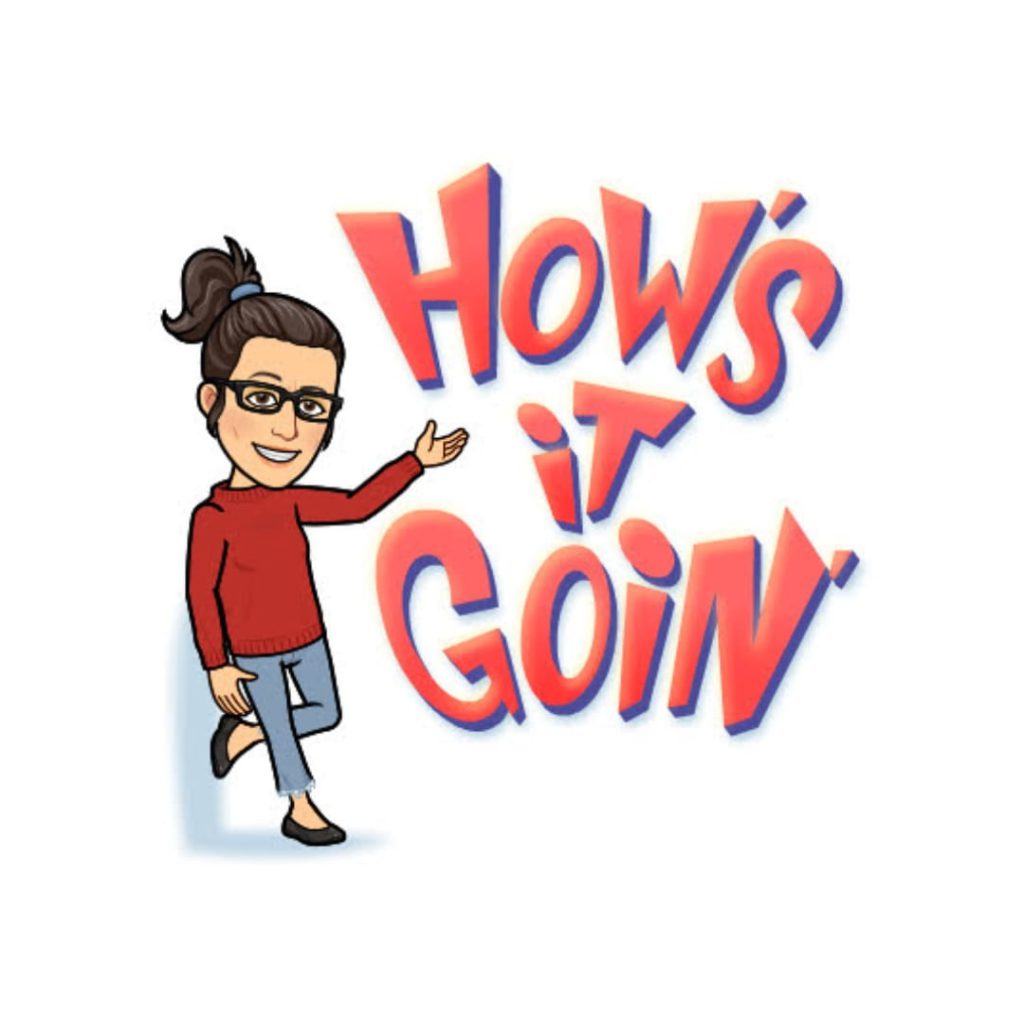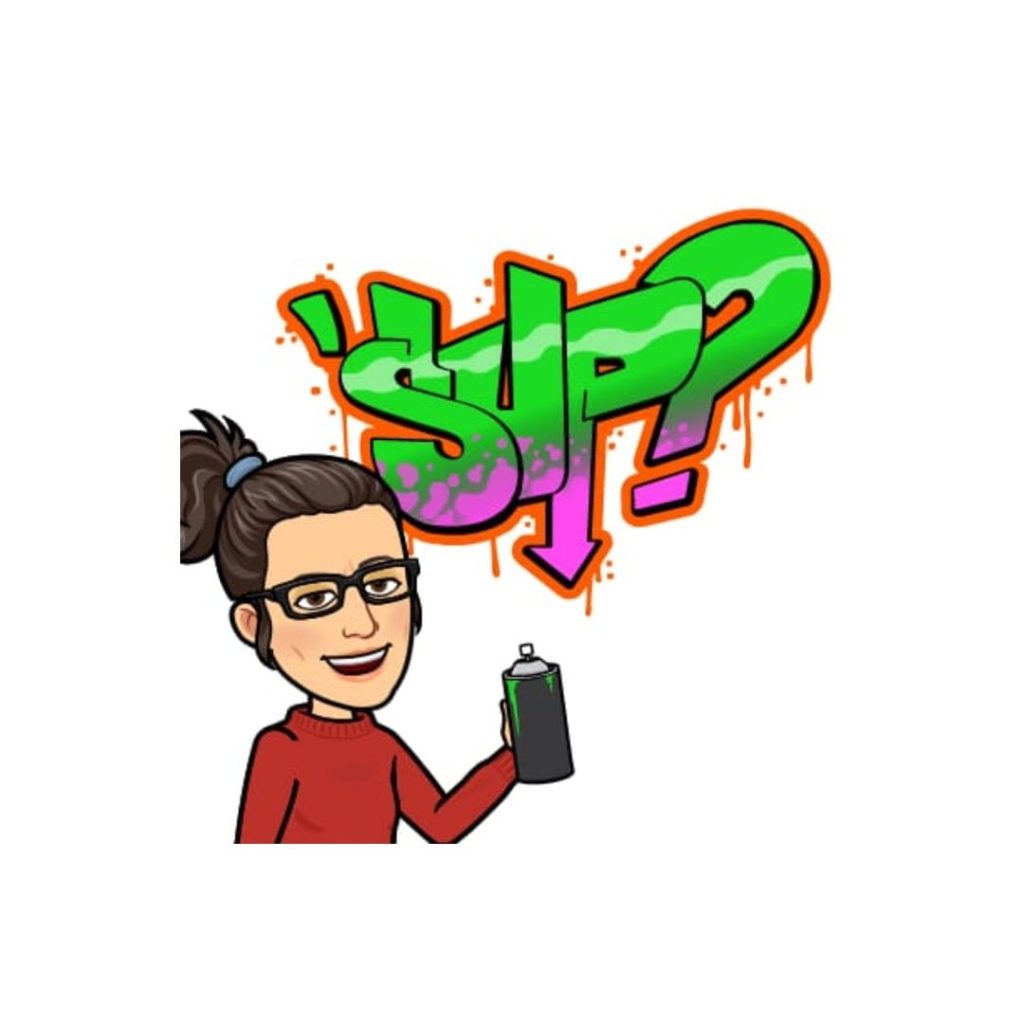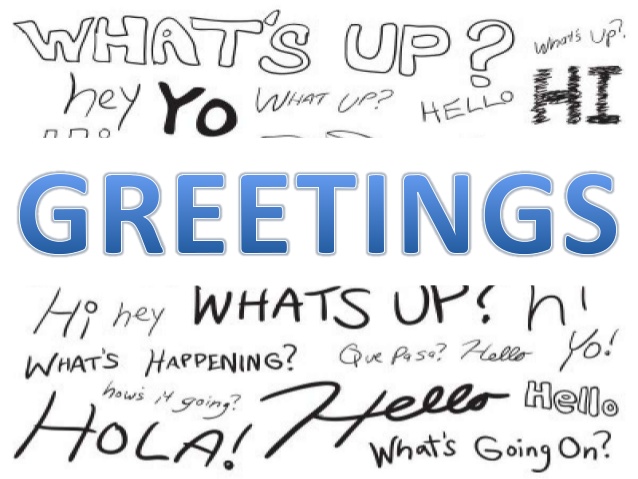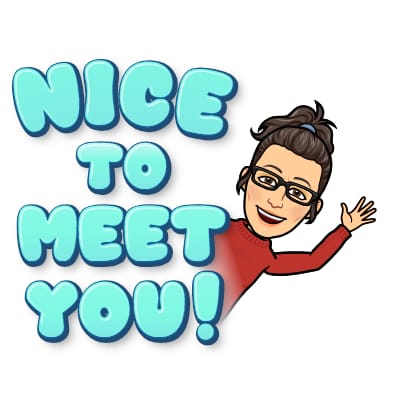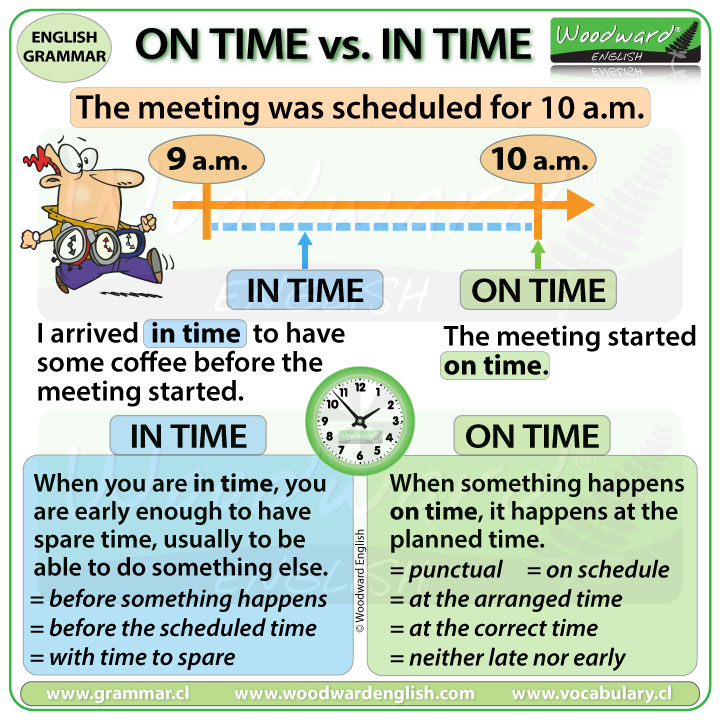
Are you normally ON TIME for things?
(Or do you often arrive late to things?)
The meeting was scheduled for 10 a.m. / A reunião foi marcada para às 10h.
Do I say…. I arrived on time. … or … I arrived in time?
Ambas expressões, ON TIME e IN TIME, basicamente significam o mesmo, NOT LATE, mas com uma pequena diferença.
On time = punctual
Quando algo acontece ON TIME, acontece na hora prevista, pontualmente.
= punctual
= on schedule / conforme marcado
= at the planned time
= at the correct time
= neither early nor late
- The meeting was scheduled for 10 a.m.
Apesar de estar preso no trânsito, consegui chegar ON TIME/ no horário da reunião.
Isso significa que eu não estava atrasado. Cheguei no horário planejado.
- Susan always arrives late to work. She is never on time. / Susan sempre chega atrasada ao trabalho. Ela nunca chega no horário.
Isso significa que ela nunca chega na hora certa. Ela nunca é pontual.
IN time = before a set time
IN TIME, significa a tempo, com tempo suficiente para fazer alguma coisa ou em um momento que parece ser perfeitamente adequado.
= before something happens
= before the scheduled time / antes do horário marcado
= with time to spare / com tempo de sobra
- The meeting was scheduled for 10 a.m.
I arrived at 9.30 so I could have some coffee before the meeting started.
I arrived in time to have some coffee before it started.
Isso significa que cheguei antes do horário planejado de 10 h e tive tempo suficiente para tomar um café antes do início da reunião. Cheguei antes do horário marcado para a reunião, cedo o suficiente para poder fazer outra coisa.
Just in time
Just in time refere-se a algo acontecendo no último momento, pouco antes do prazo ou pouco antes de algo acontecer. Significa que algo estava quase tarde demais.
The project was due at 10 a.m. / O projeto estava previsto para ser finalizado, entregue, às 10h.
We finished it a couple of minutes before it was due. / Terminamos alguns minutos antes do prazo.
- We finished the project just in time.
Outro exemplo:
- I arrived home just in time to avoid the heavy rain. / Cheguei em casa bem a tempo de evitar a chuva forte.
Check this all out in the video.
Note que é tudo uma questão de contexto. Se a ideia for dizer NA HORA EXATA, use ON TIME. Caso a intenção seja a de dizer A TEMPO, então use IN TIME.
PRACTICE: Complete the sentence with on time and/or in time.
- He’s very punctual. He always arrives _____.
- We’ve missed the boarding time but if we run to the gate, maybe we can make it ______ to stop the airplane doors closing.
- We weren’t ______ for the start of the ceremony, but we were ______ to see the bride and groom exchange rings.
Answers: 1. on time; 2. in time; 4. on time / in time



